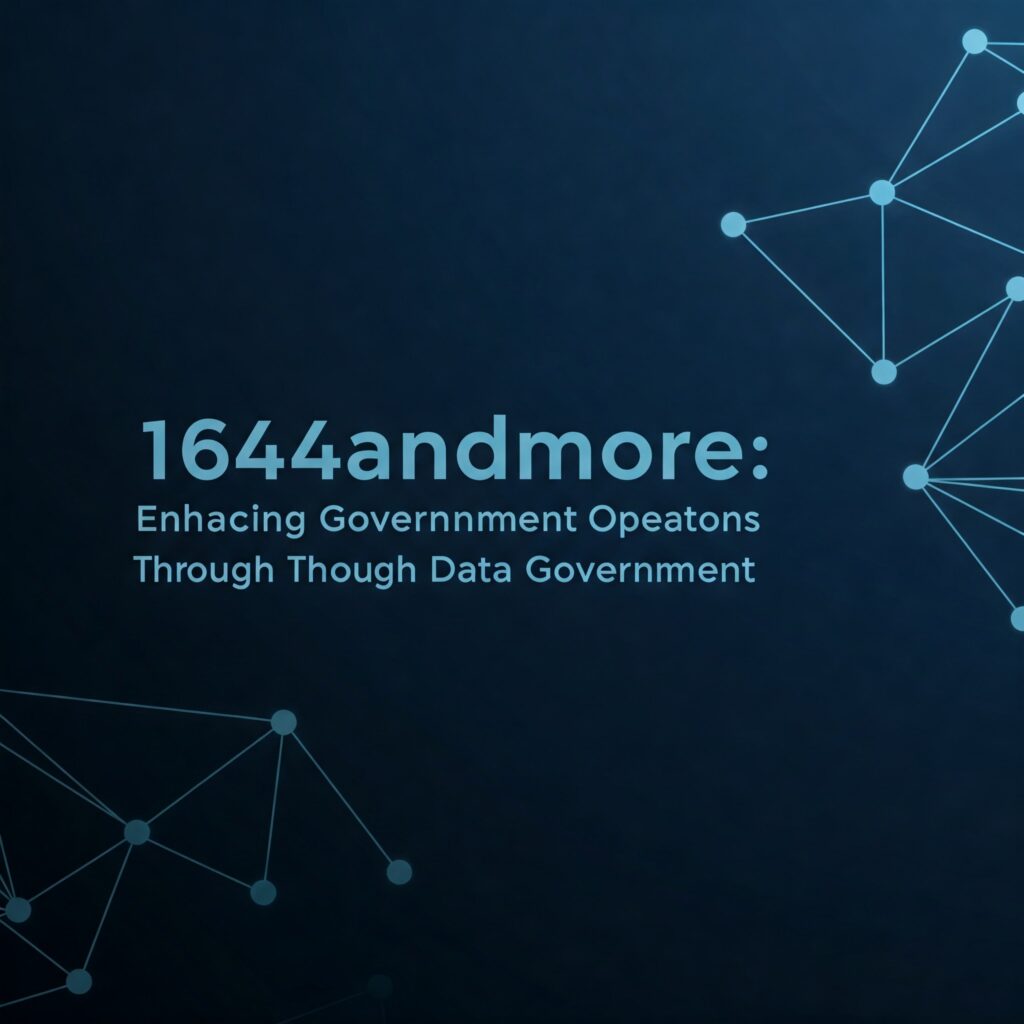In the journey of recovery, the right tools can make all the difference. 164 and More stands out as an indispensable resource for members of Alcoholics Anonymous (AA), offering a comprehensive concordance to the foundational texts: the Big Book and the Twelve Steps and Twelve Traditions (12&12). As we navigate 2025, this guide continues to support individuals and groups in deepening their understanding and practice of AA principles.
Navigating Recovery Literature: Trends in 2025
The digital age has transformed how we access and engage with information, and AA literature is no exception. In 2025, there’s a noticeable shift towards integrating traditional recovery tools with digital platforms. 164 and More exemplifies this trend by offering both a physical spiral-bound book and a user-friendly website, catering to diverse preferences. The online platform allows users to search for specific words or phrases, displaying all relevant passages from the Big Book and the 12&12 in context, thus facilitating a more efficient study and reflection process.
Practical Applications: Insights from the AA Community
The utility of 164 and More is best illustrated through the experiences of its users. Sponsors and sponsees find it invaluable for locating passages during discussions, ensuring accurate references and fostering deeper conversations. One user shared, “I’m grateful for 164 and More … I use it when meeting with sponsees; it is a wonderful resource for exploring the AA literature.” Such testimonials highlight the guide’s role in enhancing the recovery journey by making the vast AA literature more accessible and navigable.
Addressing Challenges: Common Issues and Solutions
While 164 and More is a powerful tool, users may encounter certain challenges:
- Searching for Common Words: Some frequently used words, like “alcohol” or “will,” are categorized as common words and may not yield results in the printed version. However, the online platform has a more extensive index, allowing searches for these terms.
- Locating Specific Passages: If a particular phrase isn’t found, consider searching for a unique word within that passage. For instance, instead of “King Alcohol,” searching for “king” might lead to the desired excerpt.
By understanding these nuances, users can navigate the guide more effectively.
Maximizing the Benefits: Tips for Effective Use
To fully leverage 164 and More, consider the following strategies:
- Utilize the Online Search: The website offers a dynamic search function, displaying all relevant passages containing your search term, complete with context.
- Incorporate into Group Studies: Bring the guide to meetings or study groups to quickly reference and discuss specific passages.
- Gift to Newcomers: Providing a copy to newcomers can aid their understanding and engagement with AA literature.
- Combine with Digital Devices: The Kindle edition offers portability and ease of access, especially for those who prefer digital reading.
Conclusion: Embracing Tools for a Stronger Recovery
In 2025, 164 and More remains a cornerstone resource for those committed to the AA program. By bridging traditional texts with modern accessibility, it empowers individuals to delve deeper into the principles of recovery. Whether you’re a newcomer or a seasoned member, integrating this guide into your journey can enhance understanding, foster meaningful discussions, and support sustained sobriety.
Frequently Asked Questions
Is 164 and More conference-approved literature?
No, but it has permission to reprint passages from AA literature.
Can I find every word from the Big Book in 164 and More?
Most significant words are included, but some common words are excluded in the printed version to maintain a manageable size.
Is there a digital version available?
Yes, there’s a Kindle edition that allows for easy searching and portability.
Where can I purchase 164 and More?
It’s available on the official website and select retailers.

